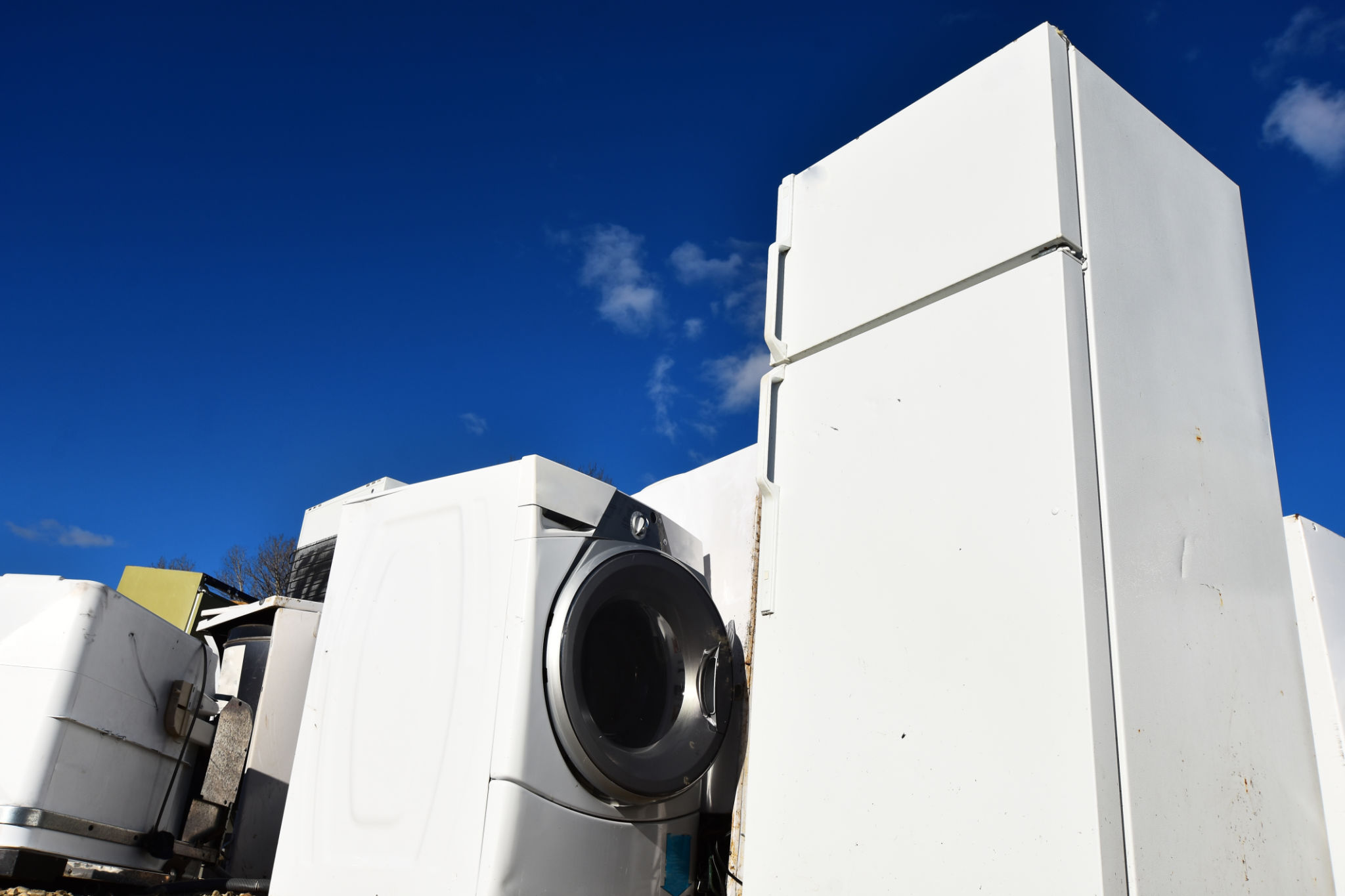Common Misconceptions About Appliance Recycling Debunked
Understanding Appliance Recycling
Appliance recycling is an essential practice that helps in reducing waste and conserving resources. However, several misconceptions surround this process, often deterring people from participating. In this blog post, we aim to debunk some of the most common myths about appliance recycling, encouraging more individuals to engage in environmentally responsible practices.

Myth 1: All Appliances Are Recyclable
One prevalent misconception is that all household appliances can be easily recycled. While many appliances contain recyclable materials, not all of them are suitable for a recycling program. Appliances like refrigerators, washing machines, and microwaves often contain hazardous substances such as refrigerants and heavy metals. These require special handling and cannot simply be placed in curbside recycling bins.
Instead, it's important to research local recycling centers or programs that specialize in handling such items. Many communities offer designated drop-off sites or special collection events for large appliances. It's always a good idea to contact your local waste management facility to learn about the specific guidelines in your area.
Myth 2: Recycling Appliances Is Not Worth the Effort
Some individuals believe that recycling appliances is not worth the time and effort involved. However, the benefits of appliance recycling are significant. By recycling, valuable materials such as metals, plastics, and glass are recovered and reused in manufacturing new products, reducing the need for virgin resources.

Moreover, proper disposal of appliances helps prevent harmful substances from contaminating soil and water sources. The environmental impact far outweighs any inconvenience involved in transporting your old appliances to a recycling facility.
Myth 3: Donating Appliances Is Better Than Recycling
While donating functional appliances is a great way to extend their lifecycle and help those in need, not all appliances are suitable for donation. Appliances that are outdated or non-functional should not be donated but rather recycled properly.
If an appliance is still in good working condition, donating to charities or organizations can be beneficial. However, for those that are at the end of their life, recycling is the best option to ensure that materials are reclaimed and environmental harm is minimized.

Myth 4: Recycling Programs Are Expensive
Another common myth is that participating in recycling programs is costly. While there may be a fee associated with appliance recycling in some areas, many municipalities offer free or low-cost recycling programs as part of their waste management services.
Furthermore, some manufacturers and retailers offer take-back programs where they will recycle your old appliance when you purchase a new one. It’s worth exploring these options to find cost-effective ways to recycle your unwanted appliances.
Conclusion
Dispelling these misconceptions about appliance recycling can lead to more informed and environmentally-friendly decisions. By understanding the realities of appliance recycling, we can all contribute to a sustainable future. Remember, every effort counts in reducing waste and preserving our planet's resources.